8
No. of Vendors
8
No. of Products
4
Verified Products
CHECKOUT OUR LATEST ARTICLE
Products (8)
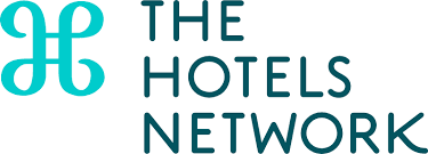
BenchDirect
by The Hotels Network (Acquired by Lighthouse) Vendor verified
Vendor verified
Hotel Benchmarking
by Hotstats Vendor verified
Vendor verified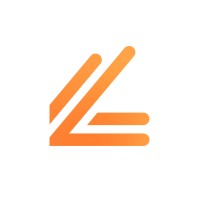
Benchmark Insight
by Lighthouse Vendor verified
Vendor verified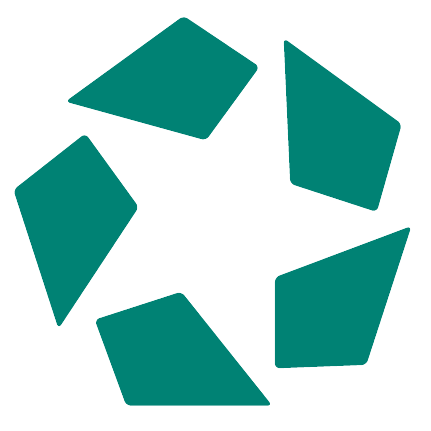
Competitive Benchmarking
by STR, part of CoStar Group Vendor verified
Vendor verified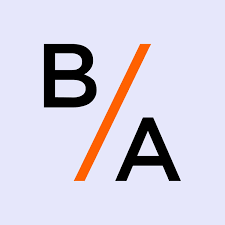
Benchmarking Alliance
by Benchmarking Alliance Unverified
Unverified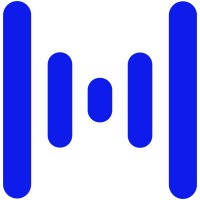
HBenchmark
by HBenchmark Unverified
Unverified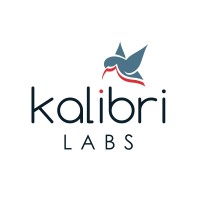
HummingbirdPXM
by Kalibri Labs Unverified
Unverified
Hotel Web Analytics
by Optimand Unverified
UnverifiedWhat is competitive benchmarking?
Hotel benchmarking tools go beyond surface-level comparisons. Imagine them as microscopes for your hotel's KPIs, allowing you to dissect and analyze your performance against competitors and industry standards. Forget guesswork and gut feeling; these tools reveal key insights into crucial areas like occupancy, RevPAR, staff costs, and marketing effectiveness.
Instead of focusing on individual rates and reviews, they provide a holistic view of your competitors' operational strategies, financial health, and market positioning. This valuable data lets you benchmark your strengths and weaknesses, identify areas for improvement, and set realistic goals for enhanced performance.
Think of it as competitive intelligence at your fingertips. Optimize your budgeting, staffing, and marketing efforts based on proven industry insights. Ultimately, hotel benchmarking tools empower you to maximize efficiency, profitability, and market share. They're not just for giants; any hotel can wield them to gain a deeper understanding of your competitive landscape and drive success.
Who is it for?
- Hoteliers: Gain data-driven insights to maximize profitability, efficiency & market share.
- Revenue managers: Optimize pricing strategies based on industry trends & competitor data.
- Operations managers: Identify areas for improvement in staffing, resource allocation & operational efficiency.
- Marketing teams: Target campaigns effectively & measure ROI against industry benchmarks.
What other systems does it interact with?
Modern hotel benchmarking tools often integrate with a variety of hotel management systems and software, aiming for seamless data flow and analysis. Here are some potential integration points:
- Property Management Systems (PMS): Data on occupancy, rates, reservations, guest information.
- Revenue Management Systems (RMS): Pricing strategies, competitor data, demand forecasting.
- Business Intelligence (BI) Platforms: Centralized data visualization and reporting.
- Marketing Automation Tools: Guest segmentation, campaign performance tracking.
- Financial Management Systems: Cost data, budgeting, profitability analysis.
News (5)

دروس في اتساق الأسعار من واحدة من أكبر سلاسل الفنادق في العالم
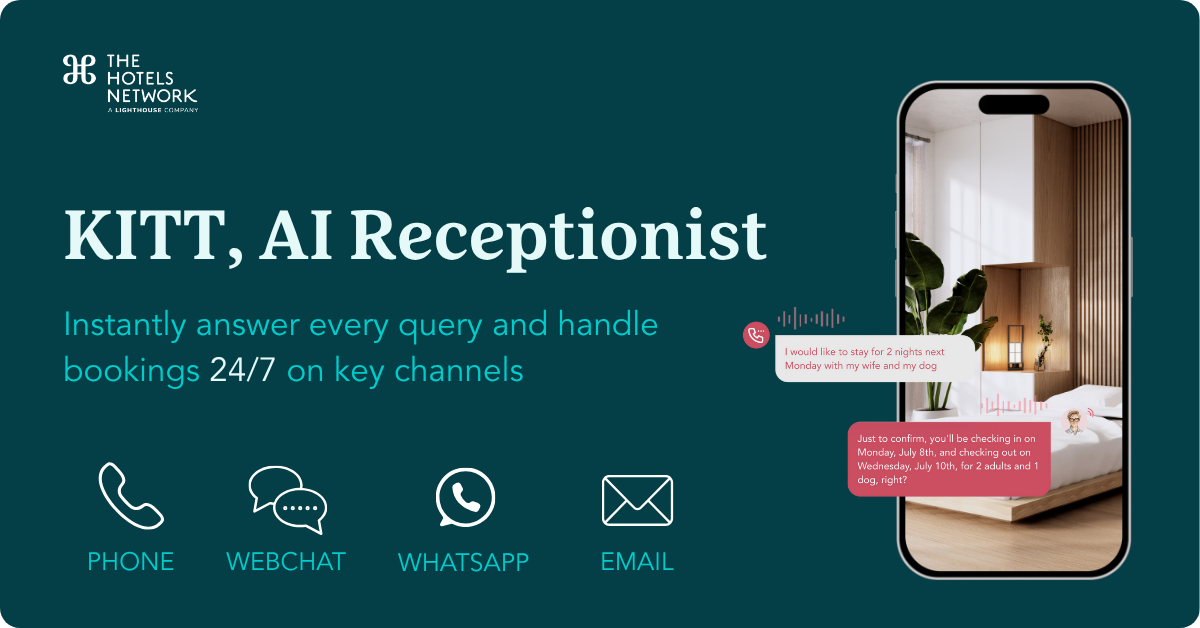
Meet KITT: The AI receptionist powering the next era of hotel service

Hotel budget season: 5 essential tech tools revenue managers need to succeed

Lighthouse acquires The Hotels Network: A new era for hospitality marketing and direct bookings

Lighthouse Announces $370 Million Series C Investment Led by KKR to Accelerate Platform Innovation and Growth
Blogs (5)
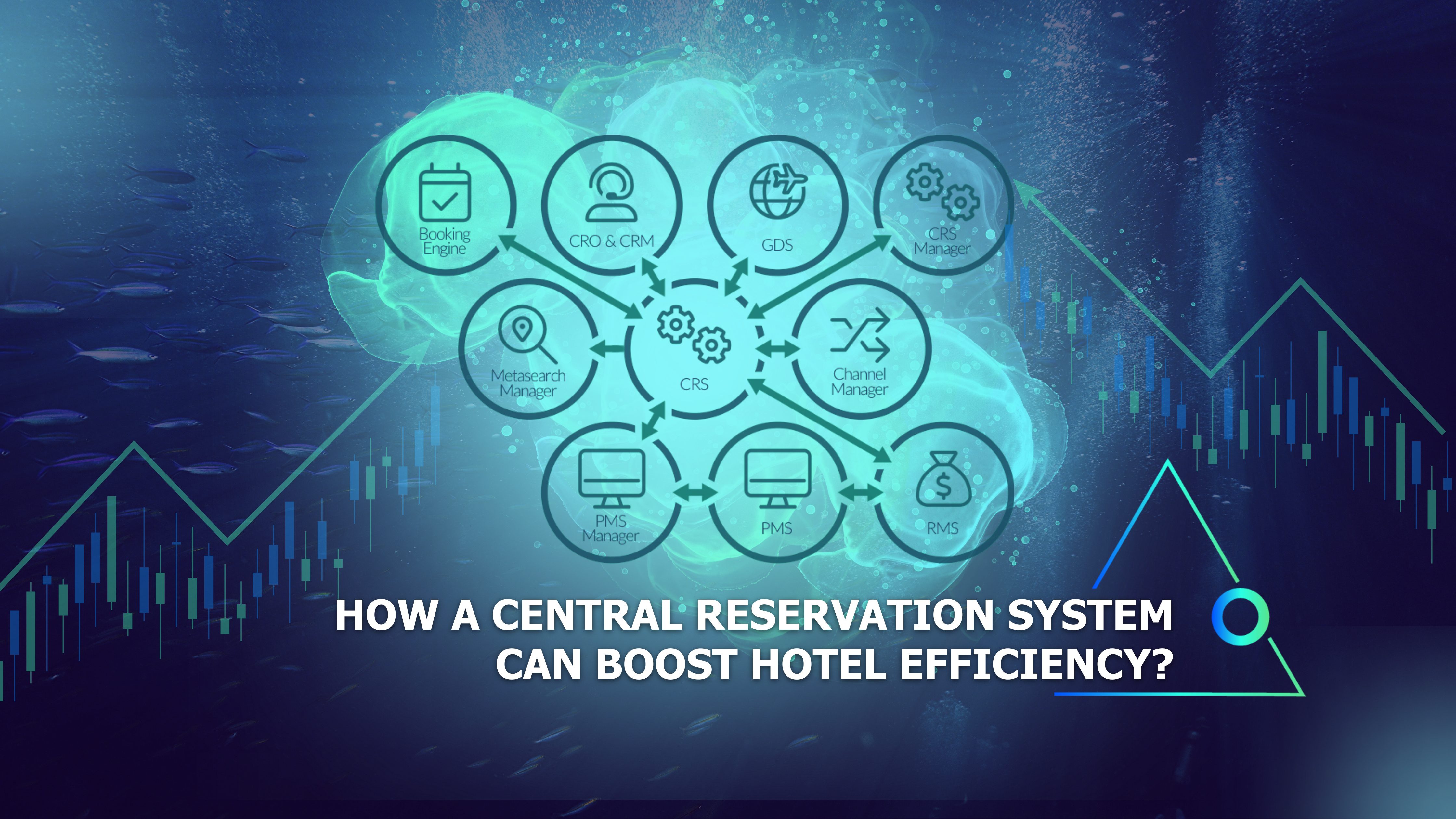
Boost Hotel Efficiency with a Central Reservation System (CRS)

Disruptive Trends & the Future of Hospitality

The Impact of Hotel CRM on Customer Loyalty
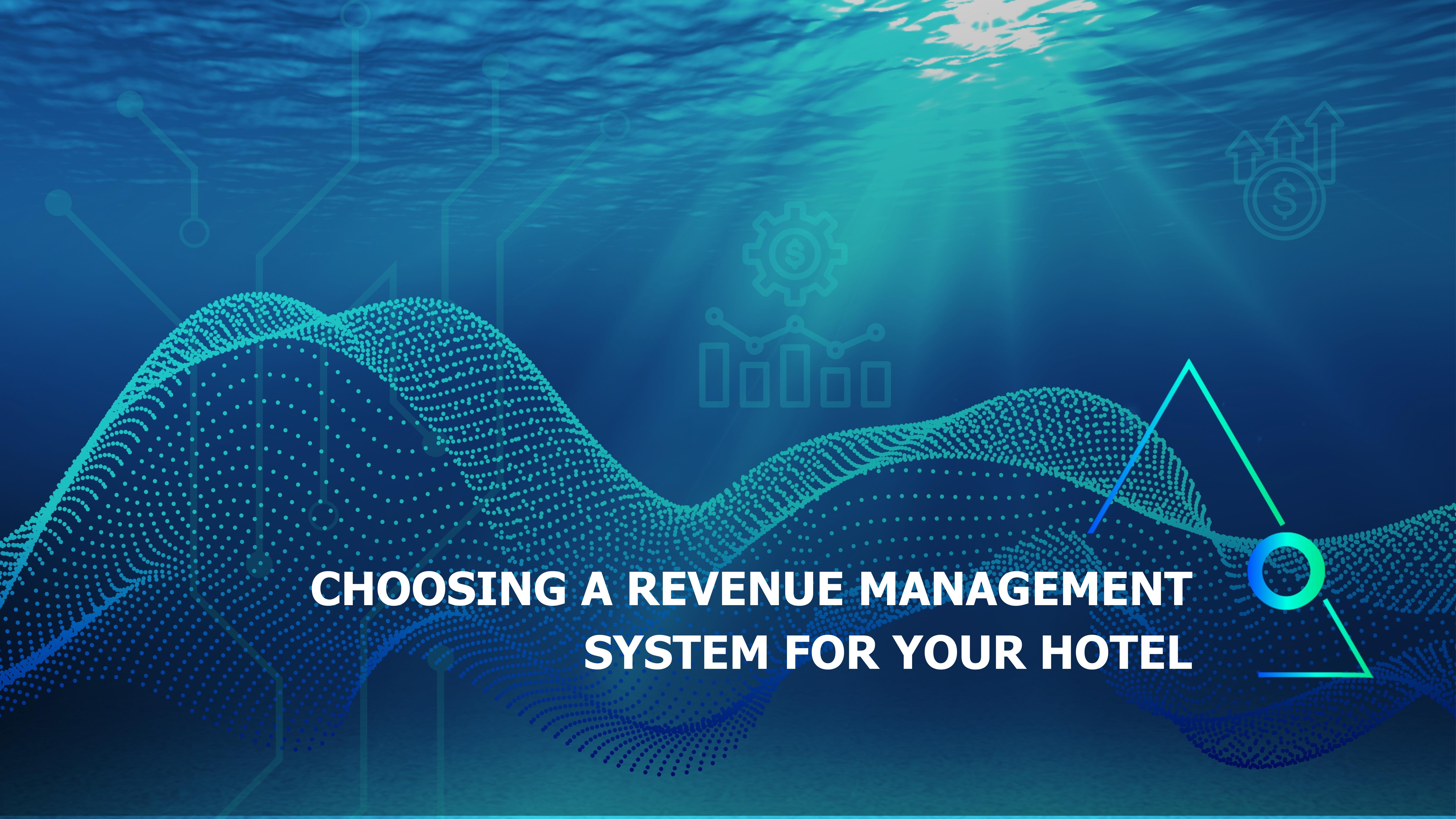
Choosing a Revenue Management System for Your Hotel
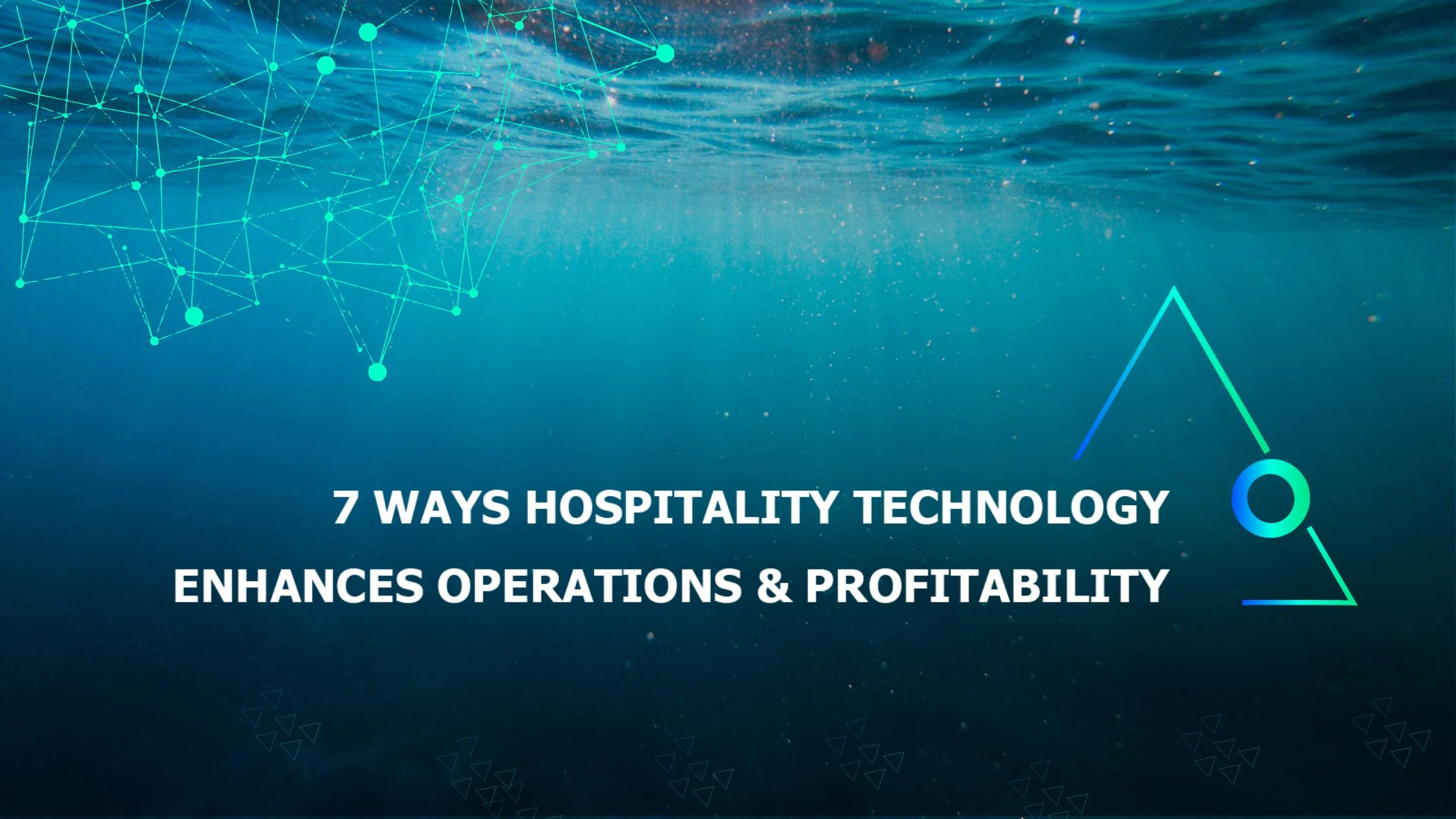
7 Ways Hospitality Technology Enhances Hotel Operations & Profitability